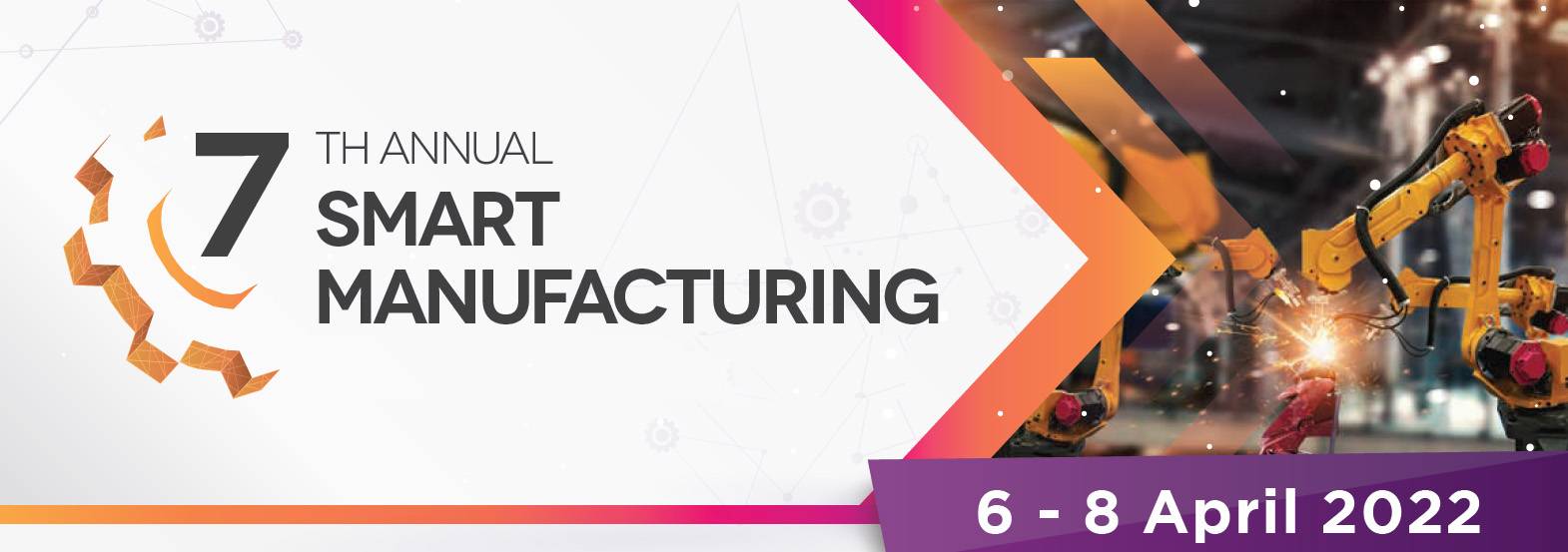New advances in technology within recent years have shifted the way companies manufacture products that allow for far greater control and adaptability to the way things are made.
Solutions and technology such as video analytics, artificial intelligence, autonomous mobile robots, sensors, machine vision and remote management are transforming factories to become smarter and ultimately help optimize the end-to-end manufacturing process. It’s not only new technology that is causing this huge shift to smart factories but also reflecting on what’s wrong with current strategies and what improvements can be implemented to increase efficiency and have a connected enterprise.
According to Deloitte, 86% of manufacturers believe smart factories will be the main driver of competition by 2025. But why should factories make the transition from using automation in parts of their operations to fully embracing digital technologies? There are many benefits and challenges in upgrading to a smart factory, below we will examine the roles that digital tools and a change of mindset can have within a manufacturing factory.
Benefits of Adopting Technology in Your Business
Smart factories can improve manufacturing excellence by analyzing improvements for more efficient use of resources and making information-based decisions in real-time. Data from monitoring machines can feed into AI-driven insights to detect pattern changes and catch issues as early as possible in the process to minimize rework costs. Smart factories have a better understanding of the state of all system components through analytical tools, allowing workers to do preventative maintenance before a more serious failure occurs to minimize overall downtime and reduce costs.
Augmented reality (AR) can also support workers on the shop floor with real-time guidance and safety guidelines. This not only helps with safety regulations and training but can help speed up the start-up phase of new production facilities and can increase transparency, speed and collaboration within the factory.
Challenges of Digital Transformation in Manufacturing
One misconception with adopting a smart factory approach is that technology needs to be integrated with every single stage of the manufacturing process or that it’s required to build a completely new factory. Upgrading current equipment on just one production line is a cost-effective and manageable place to begin. It’s important to be clear about why you want to implement an automated approach and start small with easily-understood projects that can be scaled up after you’ve tested its operations.
Another potential challenge can be found with current employees being resistant to change. Some workers might be comfortable following historical practices, however, in order to stay competitive in the market, factories will need to rely on upskilling and reskilling. Connecting people across departments with cross-functional collaboration can encourage learning new efficient ways of doing things and foster an innovative culture.
There is no doubt that there’s a pressing need in the industry to rethink your digital strategy and embrace AI and industry 4.0 to accelerate industrial performance.

Our upcoming 7th Annual Smart Manufacturing Summit on April 6th – 8th, 2022 will bring together manufacturing and robotics experts from various industries to discuss the new pathways that recent innovations have opened up in the manufacturing industry. The summit will also explore how connecting the shop floor with the digital supply chain can help drive the next generation of manufacturing excellence.
We will be starting our event with a Workshop Day with four engaging workshop sessions where industry leaders will offer their expertise on smart manufacturing solutions, industry trends and their unique perspectives of successful implementation of smart technologies within their own companies and the journey that led them to success.
The next two days of the Summit will feature top expert speakers from major influencers such as Henkel, Bayer, Coca-Cola European Partners, Philips, Whirlpool, Microsoft, Oracle and other key players in the market to demonstrate case studies on shaping the next generation of manufacturing processes through advanced automation and defining your manufacturing excellence roadmap.
The 7th Annual Smart Manufacturing Summit is an amazing three-day opportunity to network with industry leaders and gain knowledge through immersive learning, real case studies and expert analysis on unlocking the value of Industry 4.0 to reduce operating and capital costs, increase profitability and increase your business’ competitive advantage.
Request your free brochure today to discover the full lineup of speakers and see the complete event agenda.
Tickets are available now! Register today to save your seat so you don’t miss out on this invaluable event.

